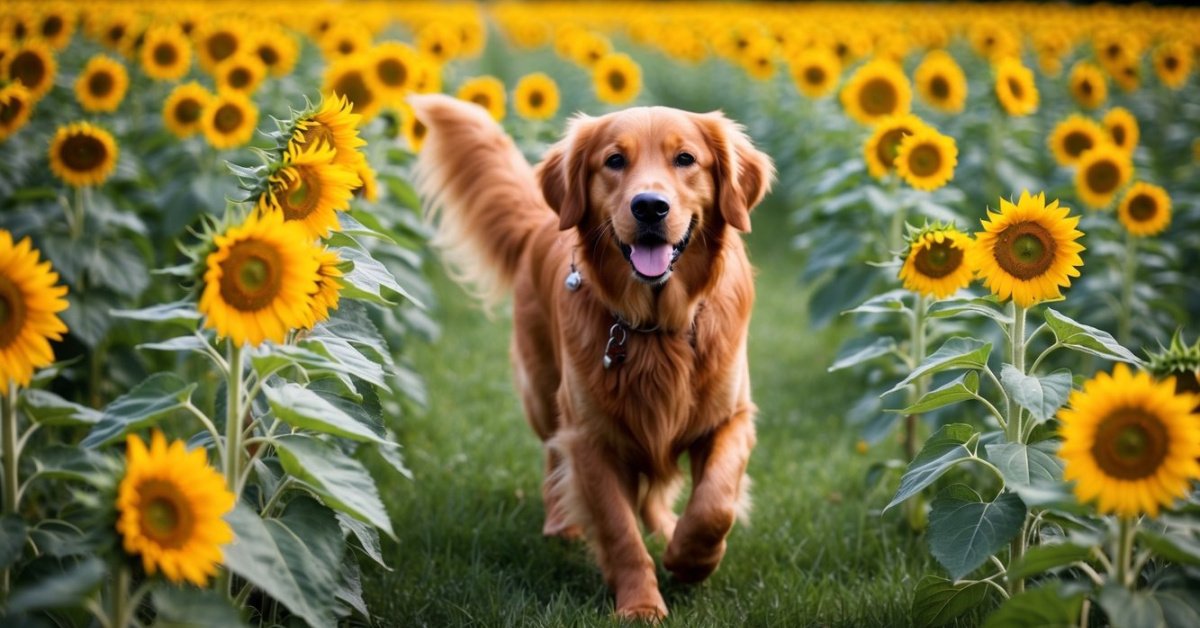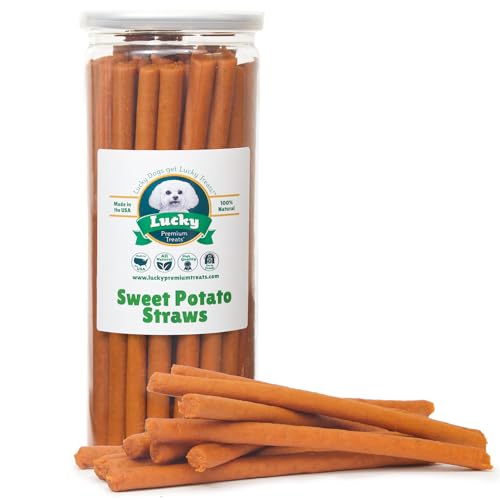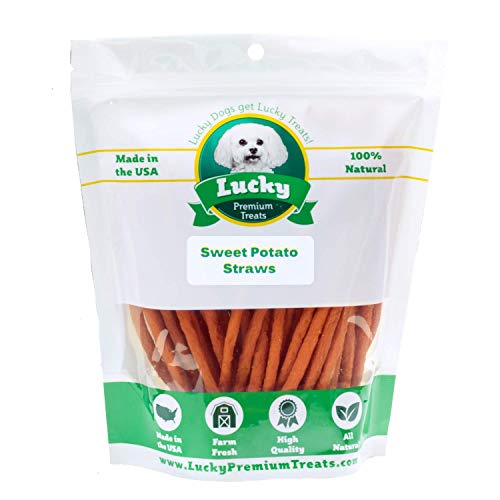If you’re like most dog owners, you probably give your furry friend a treat every now and then. And if you’ve ever seen veggie straws at the store, you may have wondered if they are safe for dogs to eat. The answer might surprise you. In this article, we’ll discuss whether or not veggie straws are safe for dogs to consume and whether or not they provide any health benefits.
What Are Veggie Straws?
A veggie straw is a type of snack made from vegetables that have been cut into thin strips, dried, and then fried or baked. They are often flavored with salt, spices, or other seasonings. Veggie straws are a popular alternative to traditional potato chips and other fried snacks. They are often marketed as being healthier than their counterparts because they contain fewer calories and fat.
Additionally, veggie straws typically offer a good source of fiber and other nutrients. For example, carrots and sweet potatoes are two common types of vegetables used to make veggie straws. While veggie straws are generally considered to be a healthy snack option, it is important to read the nutrition label before purchasing them. Some brands of veggie straws may be high in sodium or fat.
What Are Veggie Straws Made Of?
Despite the name, not all veggie straws are made from vegetables. In fact, some brands of veggie straws contain very little vegetables and are instead made mostly of flour and other starches. However, there are a few brands that do use real vegetables as the main ingredient in their veggie straws.
Are Veggie Straws Safe for Dogs?
The answer to this question depends on the ingredients used to make the veggie straws. If the veggie straws are made with real vegetables, they should be safe for dogs to eat in moderation. However, if the veggie straws are made mostly of flour and other starches, they may not be as healthy for dogs and could potentially cause digestive issues. Additionally, some veggie straws may be high in sodium or fat, which could also be harmful to dogs.
To err on the side of caution, it is always best to consult with your veterinarian before feeding your dog any new food, including veggie straws. They can provide you with specific advice based on your dog’s individual health needs.
Why It’s Best To Avoid Feeding Veggie Straws To Your Dog?
While not lethal, there are several reasons why it’s best to avoid feeding veggie straws to your dog.
Kidney Issues
Another potential problem with feeding veggie straws to dogs is that they could potentially cause kidney issues. This is because veggie straws are often high in sodium, which can lead to dehydration and electrolyte imbalances. Additionally, the high-fat content in veggie straws can also lead to pancreatitis, which is a serious inflammation of the pancreas. Pancreatitis can be fatal if left untreated.
Weight Gain
The most compelling reason to avoid feeding veggie straws to your dog is that they could potentially cause weight gain. This is because veggie straws are often high in calories and fat. While some extra weight may not seem like a big deal, it can actually lead to serious health problems for dogs, such as joint pain, diabetes, and respiratory issues.
Poisoning
Traces of onion and garlic powder are often found in veggie straws. These ingredients can be toxic to dogs and can cause anemia. Symptoms of onion and garlic poisoning in dogs include vomiting, diarrhea, weakness, lethargy, and collapse. If your dog ingests any onions or garlic, it is important to seek veterinary care immediately.
Heart Issues
Another potential problem with feeding veggie straws to your dog is that they could potentially cause heart issues. This is because veggie straws are often high in sodium and fat, which can lead to cardiovascular disease. Symptoms of cardiovascular disease in dogs include arrhythmias, exercise intolerance, and collapse.
Hydrogenated Oil
Many brands of veggie straws contain hydrogenated oil, which is a type of trans fat. Trans fats are known to be harmful to human health and can also be harmful to dogs. Trans fats can cause inflammation, weight gain, and insulin resistance.
Zero Nutritional Value
Veggie straws are often advertised as being a healthy snack option. However, most veggie straws contain very little nutritional value and are mostly made of empty calories. Veggie straws are also typically low in fiber and protein.
What If Your Dog Ate Veggie Straws?
If your dog ate veggie straws, there’s no need to panic. While veggie straws are not toxic to dogs, they can cause gastrointestinal upset. Symptoms may include vomiting, diarrhea, and abdominal pain. If your dog ate a large number of veggie straws, it might also experience bloating and gas.

If your dog is showing any of these signs, contact your veterinarian for advice. They may recommend giving your dog a small amount of food to settle their stomach or withholding food for 12-24 hours. In most cases, veggie straws will pass through your dog’s system without any problems. However, if your dog is still showing signs of distress after 24 hours, call your veterinarian immediately.
Healthy Alternatives To Veggie Straws For Your Dog
Dogs love to chew on things, and veggie straws are a popular treat for many pups. However, veggie straws are not the best option for your four-legged friend. While they may be made of vegetables, most veggie straws are fried in unhealthy oils and are high in sodium. In addition, veggie straws can be a choking hazard for dogs.
Fortunately, there are plenty of healthy and safe alternatives to veggie straws that your dog will love.raw carrots, celery sticks, and cucumber slices are all great options. These fresh vegetables are low in calories and full of nutrients. You can also find rawhide chews that are specifically designed for dogs. These chews provide hours of entertainment for your pup and help to keep their teeth clean and healthy.
Our Final Thoughts
In conclusion, while veggie straws are not lethal to dogs, there are several reasons why it’s best to avoid feeding them to your pup. Veggie straws often contain very little nutritional value and can potentially cause weight gain, kidney issues, heart problems, and poisoning. If you’re looking for a healthy snack option for your dog, there are plenty of other options available that will provide them with the nutrients they need

















